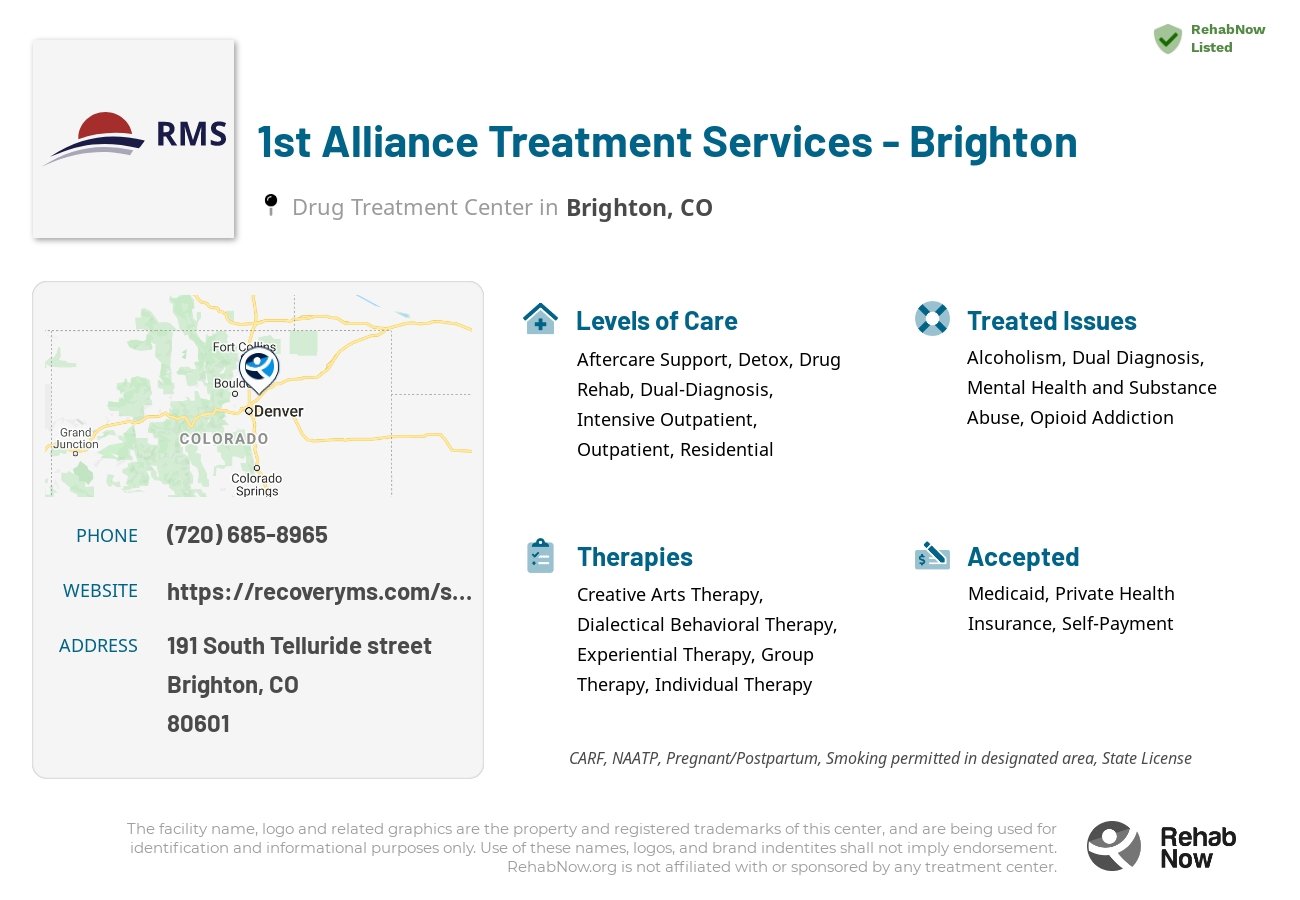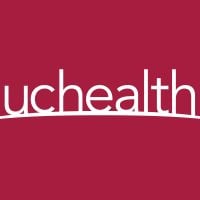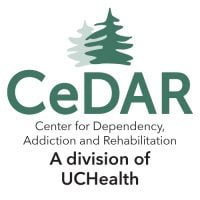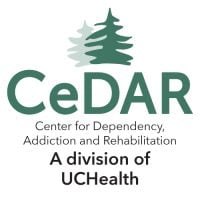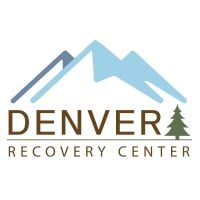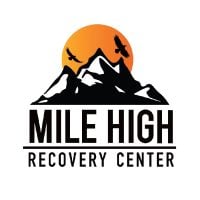1st Alliance Treatment Services - Brighton
Drug Rehab Center in Brighton, Colorado
1st Alliance Treatment Services - Brighton provides evidence-based therapies and comprehensive treatment services to help individuals struggling with addiction achieve lasting sobriety, including specialized case management, medication-assisted treatment, and family services, and also offers unique programs such as yoga, art therapy, and equine therapy.
About This Colorado Facility
1st Alliance Treatment Services - Brighton is an addiction treatment facility located in Brighton, Colorado. Established in 1993, this center specializes in assisting individuals who are struggling with alcoholism, opioid addiction, dual diagnosis, and drug addiction. They offer a range of levels of care to cater to each individual's specific needs, including detoxification services, residential treatment programs, intensive outpatient programs, and outpatient services. 1st Alliance Treatment Services is committed to providing comprehensive and personalized treatment options to help individuals recover from their substance abuse issues.
At 1st Alliance Treatment Services - Brighton, they offer various specialized services for individuals suffering from addiction. Their treatment methods aim at addressing the underlying causes of substance abuse while simultaneously helping clients develop coping skills and strategies for maintaining sobriety. The facility offers detoxification services to manage the withdrawal process in a safe and secure environment. Additionally, they provide drug rehab programs with comprehensive individualized plans that may include therapy sessions such as cognitive-behavioral therapy or group counseling. Moreover, they offer dual-diagnosis treatment for those struggling with co-occurring mental health disorders alongside their addiction. With a strong emphasis on aftercare support and continuous recovery monitoring solutions, 1st Alliance Treatment Services - Brighton aims to help individuals not only achieve sobriety but also maintain long-lasting recovery.
Genders
Ages
Modality
Additional
Conditions and Issues Treated
Many people who struggle with opioid addiction need to attend specific programs like methadone , Suboxone or Vivitrol clinics.
These types of programs will provide the patient with legal, prescription medications that can help them overcome their cravings for illegal opioids like heroin or fentanyl . If the patient has a chronic condition like Hepatitis C, they must undergo treatment before they can begin taking these medications.
Dual Diagnosis refers to someone who is both dealing with addiction and another mental health issue.
There are different kinds of Dual Diagnosis: A person who simultaneously experiences both a mental illness and an addiction disorder. Or, a person who experiences one or more coexisting (simultaneous) mental health conditions in addition to a primary substance use disorder.
Some conditions that commonly co-occur with addiction include:
- Personality Disorders (Borderline, Narcissistic)
- Mood Disorders (Bipolar Disorder, Depression, Anxiety Disorder)
- PTSD (Post Traumatic Stress Disorder), OCD (Obsessive Compulsive Disorder), ADHD (Attention Deficit Hyperactivity Disorder)
- Schizophrenia, Psychosis, Hallucinations, Delusions
Levels of Care Offered at 1st Alliance Treatment Services - Brighton
This center offers a variety of custom treatment tailored to individual recovery. Currently available are Aftercare Support, Detox, Drug Rehab, Dual-Diagnosis, Intensive Outpatient, Outpatient, Residential, with additional therapies available as listed below.
An addict may have to go through alcohol or drug withdrawal. While detox may be uncomfortable, it is not life-threatening. Detoxification allows the addict to rid the body of all traces of drugs or alcohol and gives the addict a clean slate for their recovery. In an inpatient or outpatient setting, detox can be managed medically.
Outpatient addiction treatment is beneficial for people who are able to function well in their day-to-day lives. It is recommended for people who are not yet ready to end their relationships with friends or family members who might be encouraging drug and alcohol use.
Intensive outpatient treatment is beneficial for:
- People who are able to attend treatment more than 3 times per week.
- People who do not meet the criteria for inpatient treatment.
- People who are able to contribute to their own recovery outside of the treatment center.
- People who are motivated towards recovery.
- People who are able to overcome addiction on their own without the need for higher levels of care.
Outpatient treatment programs provide drug and alcohol addiction treatment through individual sessions with a counselor, group therapy, 12-step meetings, and other activities to help individuals gain sober living skills. Most programs are designed for those individuals who have completed a medically supervised detoxification program and provide opportunities for clients to begin the process of early recovery.
Outpatient programs also offer a level of medical support as needed and psychological backing through therapy. Clients are encouraged to live at home, though there may be some flexibility regarding this requirement based on the circumstances and needs of each patient.
Outpatient treatment is perhaps the most common type of dual diagnosis program available. It does not pose a significant financial burden on patients. However, it is essential to note that outpatient treatment does not provide the support and supervision given in residential programs. Some addicts may need this level of support to maintain their sobriety.
Residential treatment programs are those that offer housing and meals in addition to substance abuse treatment. Rehab facilities that offer residential treatment allow patients to focus solely on recovery, in an environment totally separate from their lives. Some rehab centers specialize in short-term residential treatment (a few days to a week or two), while others solely provide treatment on a long-term basis (several weeks to months). Some offer both, and tailor treatment to the patient’s individual requirements.
People who have completed a rehab program often need continued support from the addiction treatment team in order to remain abstinent from drugs and alcohol. Aftercare can be beneficial for personal, social, and emotional growth.
Common aftercare options include:
- Individual Therapy – this type of addiction counseling is available on a one-on-one basis. This can be beneficial for people with a high degree of emotional turmoil and a strong desire to overcome addiction.
- Group Therapy – this type of addiction counseling is available in a group setting. This type of treatment can be beneficial for people who are unable to attend regular therapy appointments due to other responsibilities.
- Family Therapy – this type of addiction counseling is available to the family members of addicts. This can be beneficial for people who are unable to fully comprehend what their loved ones are experiencing due to addiction.
Therapies & Programs
Therapy sessions focused on the individual addict can provide much-needed guidance as they work toward overcoming their addiction. These types of sessions typically involve guidance from a therapist, who will help addicts identify and process their feelings and cravings.
During these sessions, addicts may develop plans for coping with the triggers that typically lead to relapse and learn how to avoid those triggers during their recovery process.
Different types of addiction treatment services are available. Within this article, group therapy is of interest due to its high success rate compared to individual therapy. Group therapy settings are beneficial because they allow recovering addicts to build a strong support network.
Benefits of group therapy are:
- Reduces feelings of isolation
- Immediate access to social support in the form of fellow addicts in recovery
- Lowers risk of relapse
- Increases rate of sobriety
- Builds coping skills that can be applied to everyday life
Dialectical Behavior Therapy is a cognitive-behavioral therapy that helps addicts balance their thoughts and emotions to change their behavior. It was designed for those vulnerable to self-harm and suicidal thoughts and aims to help patients understand the connection between their feelings, emotions, and behaviors. It is effective for those whose addictions and behaviors stem from severe mental health issues.
Cognitive Behavioral Therapy (CBT) is used by drug treatment centers to help addicts comprehend the causes of their substance abuse and the consequences that follow. Through CBT, clients learn to recognize and avoid high-risk situations and cope with challenging situations when they arise.
CBT treatment often includes a combination of individual therapy, group therapy, lectures, and other activities. The treatment’s goal is to help addicts gain self-control and maintain abstinence from drugs and alcohol over the long term so that an addict can get sober and lead a more productive life.
CBT is particularly effective in helping people overcome their drug problems, especially people whose drug abuse is motivated by self-defeating beliefs and emotions.
Patient Experience
Creative Arts
Creative Arts Therapy (CAT) is a form of art therapy that uses creative activities such as music, painting, drama, and writing to help patients explore their feelings. It can help people struggling with addiction or mental illness access their inner voices and discover their unique potential. It is particularly effective with people who may not respond to other forms of therapy or lack the motivation to take part in more traditional forms of counseling.
Experiential Therapy at 1st Alliance Treatment Services - Brighton
Experiential therapy is a form of psychotherapy where patients are asked to engage in activities such as role-play, poetry writing, music composition, exercising, or journaling to help process intense feelings. The aim of the therapy is to help patients access deeper, often hidden emotions by helping them explore their own body and mind.
Payment Options Accepted
For specific insurance or payment methods please contact us.
Is your insurance accepted?
Ask an expert, call (888) 674-0062
Recovery Monitoring Solutions Associated Centers
Discover treatment facilities under the same provider.
- 1st Alliance Treatment Services - Fort Collins in Fort Collins, CO
- 1st Alliance Treatment Services - Loveland in Loveland, CO
- 1st Alliance Treatment Services - Pueblo in Pueblo, CO
- 1st Alliance Treatment Services - Lakewood in Lakewood, CO
- 1st Alliance Treatment Services - Rifle in Rifle, CO
Learn More About Recovery Monitoring Solutions Centers
Additional Details
Specifics, location, and helpful extra information.
Brighton, Colorado 80601 Phone Number(720) 685-8965 Meta DetailsUpdated November 25, 2023
Staff Verified
Patient Reviews
There are no reviews yet. Be the first one to write one.
Brighton, Colorado Addiction Information
The Centennial State has slipped to a ranking of 12th in the country for drug abuse. Each year around 24% of the state's population uses illegal drugs while nearly 5% of its population abuses alcohol. Substance-related deaths in Colorado were responsible for 15.12% between 2008 and 2017. Fortunately, Colorado drug and alcohol addiction treatment are available to help a person overcome addiction.
Drug addiction and abuse can have a big impact on the community in Brighton, Colorado. Brighton's most commonly used drug is marijuana, followed by cocaine and methamphetamine. From 2013 to 2017, the age-adjusted rate of drug overdose deaths in Brighton increased by 43%. The community in Brighton is very supportive of people who are trying to recover from addiction, and there are many resources available to help people in recovery.
Treatment in Nearby Cities
- Delta, CO (195.7 mi.)
- Julesburg, CO (149.5 mi.)
- Rocky Ford, CO (145.3 mi.)
- Longmont, CO (21.2 mi.)
- Springfield, CO (213.1 mi.)
Centers near 1st Alliance Treatment Services - Brighton
The facility name, logo and brand are the property and registered trademarks of 1st Alliance Treatment Services - Brighton, and are being used for identification and informational purposes only. Use of these names, logos and brands shall not imply endorsement. RehabNow.org is not affiliated with or sponsored by 1st Alliance Treatment Services - Brighton.

